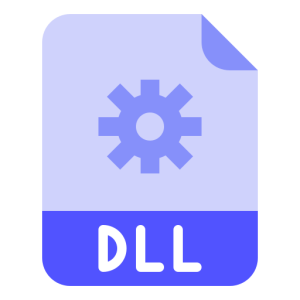Description
MSXML4.DLL is a dynamic link library (DLL) file that is part of the Microsoft XML Core Services 4.0 (MSXML4) package. It provides essential functionality for processing and manipulating XML data in applications developed for Windows operating systems. MSXML4.DLL contains a set of functions and resources that enable the creation, parsing, validation, and transformation of XML documents.
This library plays a vital role in supporting XML-related operations in various software applications, including web browsers, content management systems, and database management systems. It provides programmers with the necessary tools to handle XML data efficiently and interact with it programmatically.
MSXML4.DLL is commonly required by applications that rely on XML for data storage, communication, or configuration. Software developers often include the necessary redistributable package along with their applications to ensure that users have the required runtime components, including MSXML4.DLL, installed on their systems.
It’s important to note that the version number “4” in the filename (“MSXML4.DLL”) corresponds to the version of the Microsoft XML Core Services. Different versions of MSXML might have different version numbers in their filenames. Users should ensure they have the correct version of the Microsoft XML Core Services installed to avoid compatibility issues with software that depends on MSXML4.DLL.
Purpose and Functionality
MSXML4.DLL serves several essential purposes in XML processing and manipulation within Windows applications. Its main functionality includes:
- XML Parsing and Validation: The DLL provides functions for parsing and validating XML documents, ensuring their adherence to various XML standards and validating their structure and content.
- XML Transformations: MSXML4.DLL enables the transformation of XML documents through the use of XSLT (Extensible Stylesheet Language Transformations) stylesheets. It allows for the conversion of XML data into different formats or structures.
- XML Document Creation and Manipulation: The DLL provides functions for creating, modifying, and querying XML documents, enabling developers to generate XML data dynamically or modify existing XML structures.
Common Use Cases
MSXML4.DLL is widely used in various applications that rely on XML processing or data manipulation. Some common use cases for MSXML4.DLL include:
- Web Browsers: Web browsers often utilize MSXML4.DLL to handle XML data within web pages, including parsing and rendering XML-based content or interacting with web services that rely on XML communication.
- Content Management Systems: Content management systems often employ MSXML4.DLL to handle XML-based content, including storing, retrieving, and modifying XML documents that contain information such as articles, pages, or configuration settings.
- Database Management Systems: Database management systems may use MSXML4.DLL to enable XML data storage, retrieval, and querying capabilities, allowing for the representation and manipulation of XML-based data within a database system.

